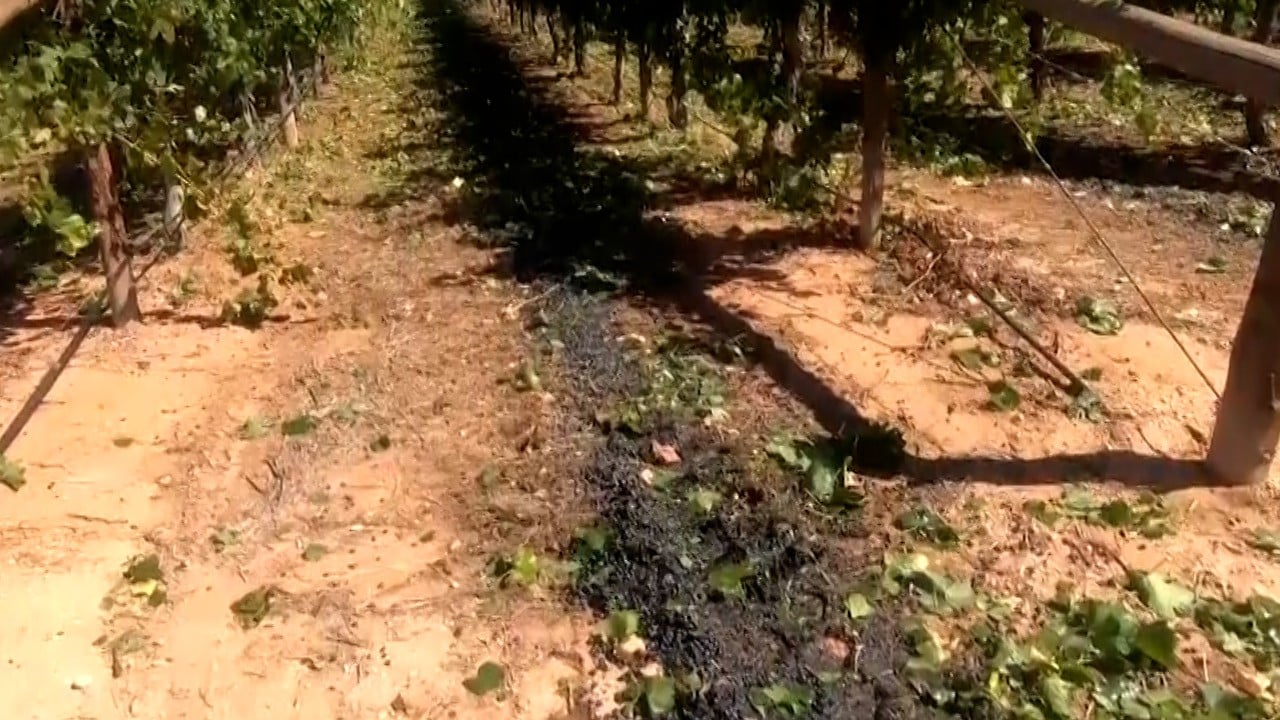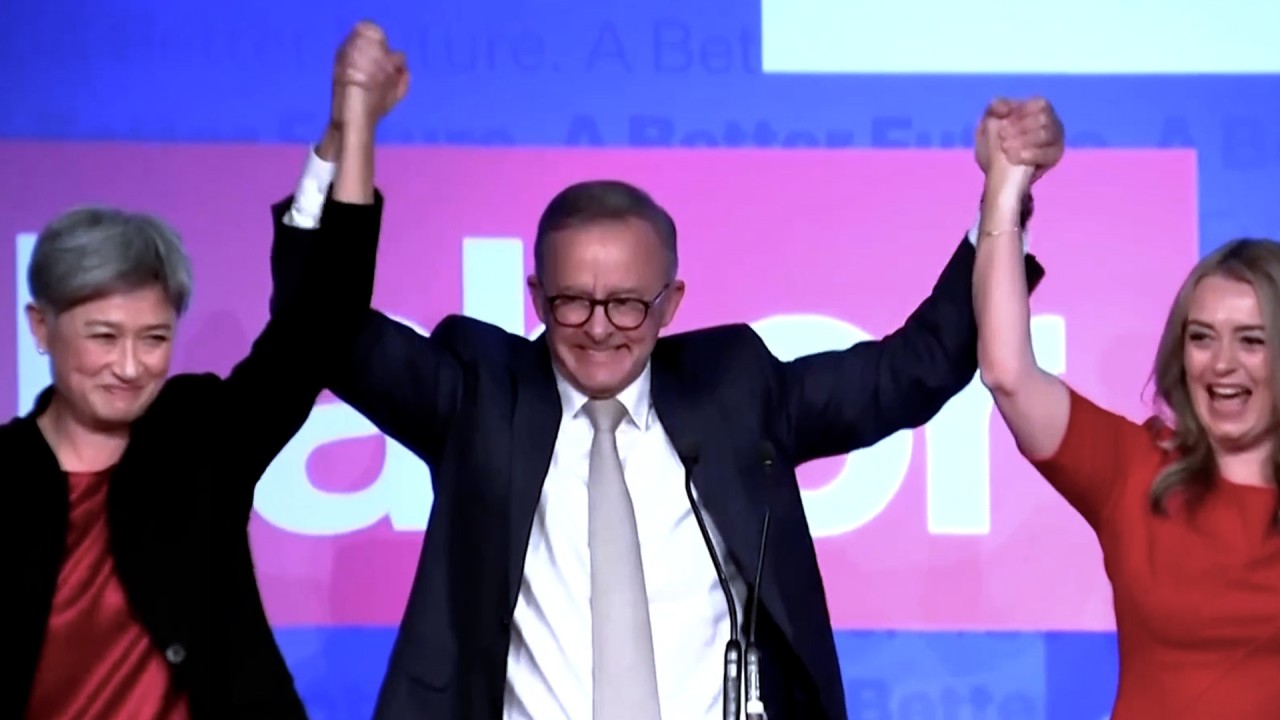
No autopilot: China says Australia ties reset calls for ‘concrete actions’ from new government
- Power shift in Canberra has sparked hopes of better China ties after years of damaging acrimony under ex-prime minister Scott Morrison
- Australia should look at China and relations with it in a ‘sensible and positive’ way, Chinese Foreign Minister Wang Yi says
Responding to reporters during a visit to Papua New Guinea on Friday, Wang said this mindset led to a “significant retrogression” in exchanges following years of “positive and pragmatic China policy” from Canberra, state news agency Xinhua reported.
“There is no ‘autopilot’ mode for improving China-Australia relations. A reset requires concrete actions,” he said. “This meets the aspirations of the two peoples and the trend of our time.”
Analysts expect the new Australian prime minister’s China policy to be less “provocative”, though Albanese has said the relationship with Beijing will remain “a difficult one”.
Wang’s comments in PNG came ahead of a visit to East Timor, as he wrapped up an eight-nation tour of the region – weeks after China’s security pact with the Solomon Islands sparked alarm among the US and its allies regarding a possible Chinese naval base there.
As Wang embarked on his 10-day diplomatic trip to expand Chinese military, economic and diplomatic influence in the South Pacific, Australia dispatched its new Foreign Minister Penny Wong to Fiji and then to Samoa and Tonga on a counter mission.
Has Australia’s Penny Wong succeeded in Pacific ‘damage control’ mission?
Wang said should Australia look at China and relations with it in a “sensible and positive” way and create the necessary conditions for bringing bilateral relations back on track.
Asked whether China planned to hold tariff talks with Australia and how bilateral ties could get back on track, Gao said: “[It is hoped that the new Australian government will] treat China and China’s development objectively and rationally, do more things conducive to mutual trust and cooperation … and create favourable conditions for the healthy and stable development of bilateral economic and trade relations.”
This year marks the 50th anniversary of the establishment of diplomatic relations between Australia and China. In dollar terms, China’s imports from Australia fell 26.2 per cent from a year ago in April, while exports Australia rose 7.4 per cent.



